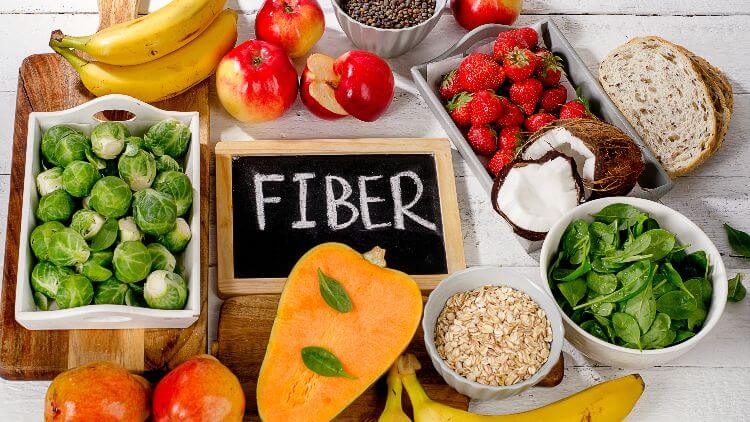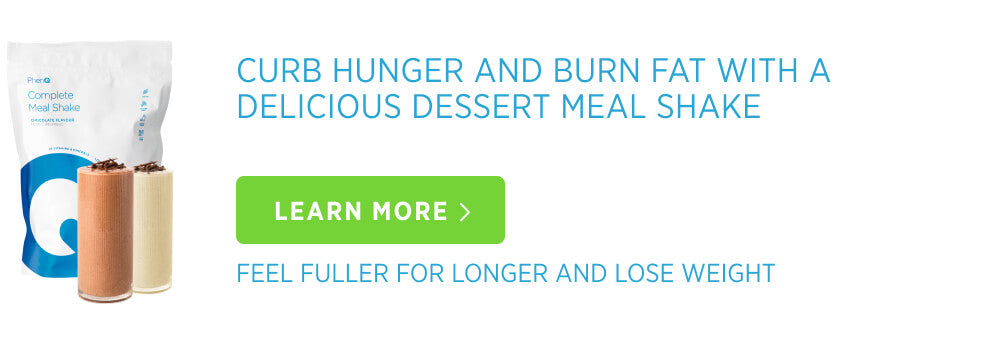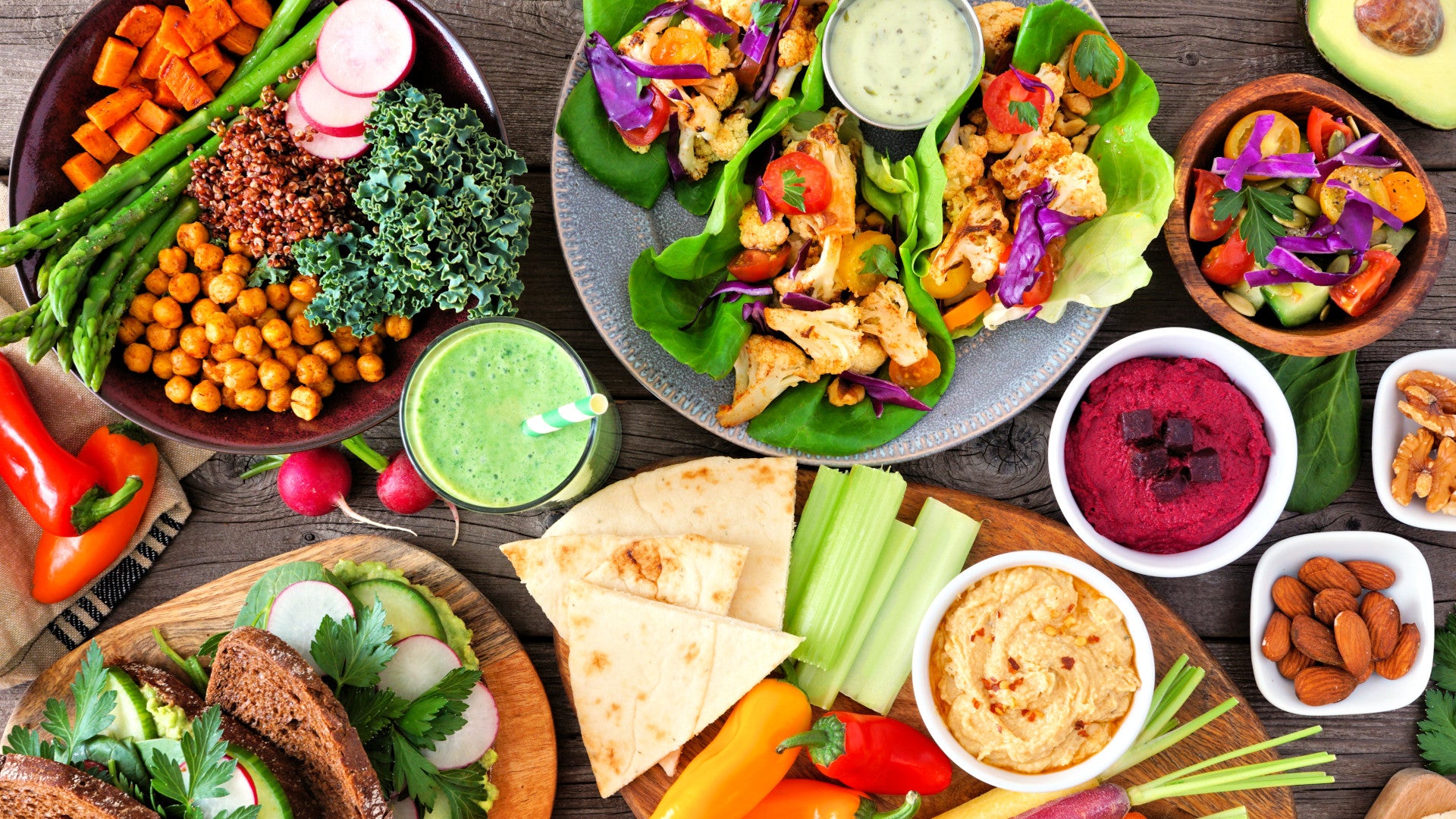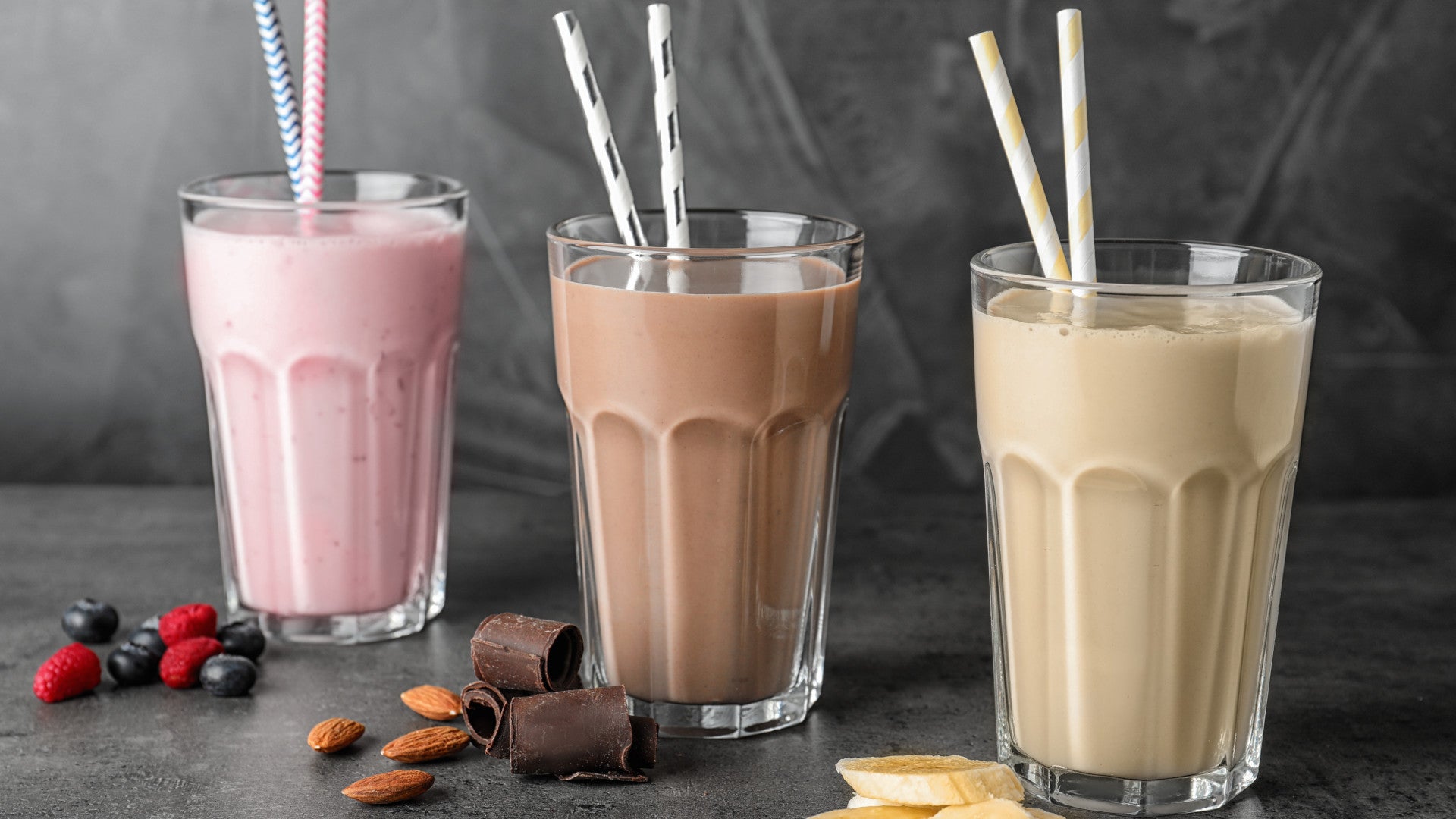Fiber is essential for many bodily functions and is only found in plants. Its nutritional value is not derived from digestion because the human body is unable to process fiber. Instead fiber’s utility lies in its ability to pass through the digestive tract without being altered. So if your diet consists mostly of meat, it means you’re missing out on the numerous health benefits fiber provides.
- Different Types of Fiber
- What Does Fiber Do For The Body?
- What Foods is Fiber Found In?
- Are Fiber Supplements Worth Taking?
- Verdict
Different Types of Fiber
Around 95% of Americans don’t consume the daily recommended intake of fiber. According to the American Dietetic Association, adults should have a daily intake of 25 to 30g of fiber. Fiber is classified into two types; soluble and insoluble.
Dieticians recommend that 70% of daily fiber intake comes from insoluble fiber and the remaining from soluble fiber.
So, what is fiber?
Soluble Fiber
Soluble fiber, also known as viscous fiber, is dissolvable in water. Soluble fiber is made up of a number of different polysaccharide compounds found in the walls of plant cells. These compounds include beta-glucans, mucilage, pectins, psyllium and gums.
The name viscous fiber is derived from the gel-like and highly viscous mass that’s formed in the digestive system after it absorbs water and swells. Essentially, this slows down the digestion process. What this means is that it reduces the intensity of spikes in blood sugar levels reducing the meal’s glycemic index. Soluble fiber is found in high quantities in oats, beans, citrus fruits and barley.
Insoluble Fiber
Insoluble fiber doesn’t dissolve and passes through the body relatively intact. In the scientific world, insoluble fiber is known as cellulose and lignin. Its primary purpose is to regulate bowel movements and prevent constipation, hemorrhoids and fecal incontinence. It can also help in removing toxic waste found in the colon.
Fruit skins, seeds, vegetables, brown rice, buckwheat and whole-grain products such as whole-wheat bread, pasta and crackers are all excellent sources of insoluble fiber.
What Does Fiber Do For The Body?
A high-fiber diet has been proven to reduce the risk of developing diabetes, heart disease, diverticular disease, constipation and certain types of cancer – especially colon cancer. So, why else do we need to incorporate fiber in our diets?
Helps You Lose Weight
One of the benefits of enriching your diet with fiber is that you’ll rapidly lose a ton of weight. The Annals of Internal Medicine recently published a study indicating how simply consuming 30 grams of fiber each day can help you lose weight. Another study found a strong inverse correlation between fiber and body weight and body fat. The scientific literature clearly indicates the impact fiber can have on people struggling to lose weight despite adopting extreme diets.
High fiber foods aid in weight loss by filling people up and satiating their appetite for a longer period of time. And because fiber-rich foods are less “energy dense” they contain fewer calories and the effect of filling up doesn’t translate to weight gain.
Fiber passes through the body relatively intact. However, the difference is not due to the absorption of calories into the body but instead absorption of fat and sugar molecules by fiber as it passes through the digestive tract.
A study showed that adding fiber into your diet can reduce calorie absorption by somewhere between 90 to 130 calories. To put this figure into relative terms, that’s equal to more than 10 pounds of weight loss each year!
Reduces Risk of Type 2 Diabetes
Fiber—particularly, soluble fiber—can slow down the absorption of sugar into the body. This reduces the intensity of blood sugar spikes. In addition, fiber helps maintain a healthy weight. Both of these factors are strongly correlated with the development of type 2 diabetes; that’s why it’s important to eat a healthy proportion of fiber daily.
Develop Healthier Gut Bacteria
Not all bacteria are bad for your health. The 500 different species of good bacteria that live in your gut thrive on a steady diet of fiber. Also known as gut flora, these gut bacteria play an essential role in your overall health.
As they feed on the fiber you ingest, the process releases short-chained fatty acids that bring a host of benefits. The short-chained fatty acids reduce the amount of systemic inflammation, which has recently been researched to show a strong correlation with serious chronic diseases.
Without fiber, the problem that arises is that most of the carbohydrates, fats and proteins are digested and absorbed long before they’re able to reach the gut flora in the large intestine. Starving the good bacteria in your gut can prevent you from developing a mutually beneficial relationship.
However, to realize the full benefits of reduced inflammation, you need to consume the recommended amount of fiber daily for at least a few weeks.
Lower Risk of Heart Disease
The super-ingredient fiber also sops up the excess cholesterol in your digestive system and carries it away out of your body before it’s absorbed and begins clogging up your arteries. A review of 22 studies concluded that for every 7 grams of fiber eaten, the risk of heart disease drops by 9 percent.
Maintain Healthy Bowel Movements
Fiber is well known for reducing constipation and promoting healthy bowel movements. However, some people complain about increased constipation after enriching their diet with high fiber foods. The problem here lies in the types of fibers that are consumed.
As a general rule, if you’re looking to eliminate constipation consider eating fibers that increase the water content of your stool and have a laxative effect. Soluble fibers or viscous fibers that form a gel-like paste in the digestive tract are effective for this purpose. The best kind of soluble fiber that aids in the digestive process is psyllium. So always research what kind of fiber would suit you the best.
Have Healthier Bones
Also known as “prebiotics,” soluble fibers are known to increase the bioavailability of many nutrients and minerals including calcium. Research on calcium deficiency indicates that only fewer than 10% of women over 50 and fewer than 22% of teenage boys meet the recommended calcium intake. That means around 80% of Americans have a calcium deficiency.
Those numbers qualify for a national epidemic. While many people are taking calcium supplements the problem lies in the absorption rates. Increasing your fiber intake will definitely improve the health of your bones and prevent osteoporosis at a later stage in life.
What Foods is Fiber Found In?

Here are 10 fiber-rich foods you should incorporate into your diet.
- Artichoke
Artichokes are often overlooked in traditional American diets. This spring veggie packs the most amount of fiber among other vegetables. Consuming one artichoke can provide you with 10 grams of fiber. They also contain vitamins C and K along with folate and calcium. Artichokes can be baked, grilled or steamed and they taste great with pasta and dips.
- Peas
Peas are potential ingredients for just about everything from salad recipes and casseroles to rice and pasta. These spring vegetables contain 8.3 grams of fiber per 100 grams. They’re also an excellent source of magnesium and iron. If you’re on a tight budget but still want to gain the health benefits of fiber-rich foods, peas are a great option. They’re affordable and convenient at the same time.
- Lentils
There are various types of lentils, including French lentils and red lentils, so you have the option of choosing your favorite. Lentils are also a budget-friendly source of fiber with 100 grams of lentils packing around 6.4 grams of fiber. They’re also rich in proteins and other essential nutrients.
- Chickpeas
Chickpeas make for some very delicious dishes including chickpea burgers, wraps, salads and even curry! They’re an excellent source of plant-based proteins, iron, magnesium and vitamin B-6. 100 grams of chickpeas contain 6.4 grams of fiber fulfilling 19% of the daily recommended intake of fiber.
- Raspberries
Raspberries are delicious and also a great source of fiber. There are 8 grams of fiber per cup of raw raspberries. They’re also loaded with antioxidants, vitamin C and manganese.
- Sweet Potatoes
Among the highly starchy vegetables, sweet potatoes stand out, with one sweet potato packing 5.9 grams of fiber. That’s more than 17% of the daily recommended intake amount. They’re also rich in beta-carotene, various B vitamins and vitamin A which is great for healthy skin and hair.
- Avocado
With its reputation of being the ultimate superfood, it’s no surprise that avocado is also highly rich in fibers. One cup of avocado contains around 10 grams of fiber. If you’re trying to lose weight, avocados are a perfect choice. Unlike other fruits that are high in carbs, avocados are instead loaded with healthy fats. They’re also rich in vitamin E, potassium, magnesium and various types of B vitamins.
- Apples
An apple a day will definitely keep your digestive tract healthy and efficient. This tasty fruit contains 4 to 5 grams of fiber, depending on the apple’s size. Make sure to eat the peel as well, since it packs many essential nutrients.
- Kidney Beans
One of the most popular types of legumes, kidney beans are an excellent source of fiber, plant-based proteins and various nutrients. A cup of cooked beans contains more than 11 grams of fiber.
- Almonds
Almonds are rich in vitamin E, healthy fats, magnesium and manganese. 100 grams of almonds contains 12.5 grams of fiber.
Are Fiber Supplements Worth Taking?
Fiber supplements are used by many people to meet their daily recommended intake level. And others use them to treat diarrhea and constipation. There are three main types of soluble fiber supplements available in the market.
- Psyllium
Psyllium is taken to bulk up the stool and ease constipation. It works by breaking down in the intestines and providing a source of food for the good bacteria. However, psyllium supplements are packed with calories so it may not be a suitable option for those who are trying to lose weight.
- Methylcellulose
This form of fiber supplement is created using the cell walls of plants. It passes through the intestinal tract without being absorbed; instead it sops up water resulting in softer stool. As methylcellulose is not fermented by bacteria, it can cause intestinal gas.
- Polycarbophil
Supplements of polycarbophil are also created using the cell walls of plants. They absorb water as they pass through the body and can be used in the long term.
Verdict
Experts advise against taking supplements as a replacement for dietary nutrients. Many people believe they can have less nutritious foods and compensate by dosing on supplements instead. It’s not that simple. Fiber supplements can be used to help you meet the daily recommended intake but cannot replace the benefits that fiber-rich foods provide.
This is partly due to the fact that fiber is beneficial because of its ability to create a viscous gelling fiber in the digestive tract. The health benefits are directly proportional to the viscosity of the gelling fiber. Research on the efficacy of fiber supplements is extensive and the verdict is in. Fiber supplements have been proven to provide only partial benefits of dietary fiber intake.
People who are regularly suffering from diarrhea and constipation need to consult a doctor to ensure that fiber supplements are safe for them. Taking fiber supplements without professional guidance can lead to bloating, gas and other digestive issues that people were trying to avoid in the first place.
The digestive tract is a complex biological system that involves numerous processes that can only be understood by a professional. It’s best to consult with your doctor because the benefits may not be worth it.
Conclusion
Fiber-rich foods have been clinically proven to provide a host of health benefits. From reducing the risk of diabetes and cancer to improving blood cholesterol levels and aiding in weight loss, fiber is an essential ingredient to a healthy life. Various vegetables, fruits and nuts are rich in fiber, and to gain the maximum benefits it’s best to conduct research on the different types of fiber and the impact they may have on your health.
You may also want to try our Phenq Meal Replacement Shakes.




